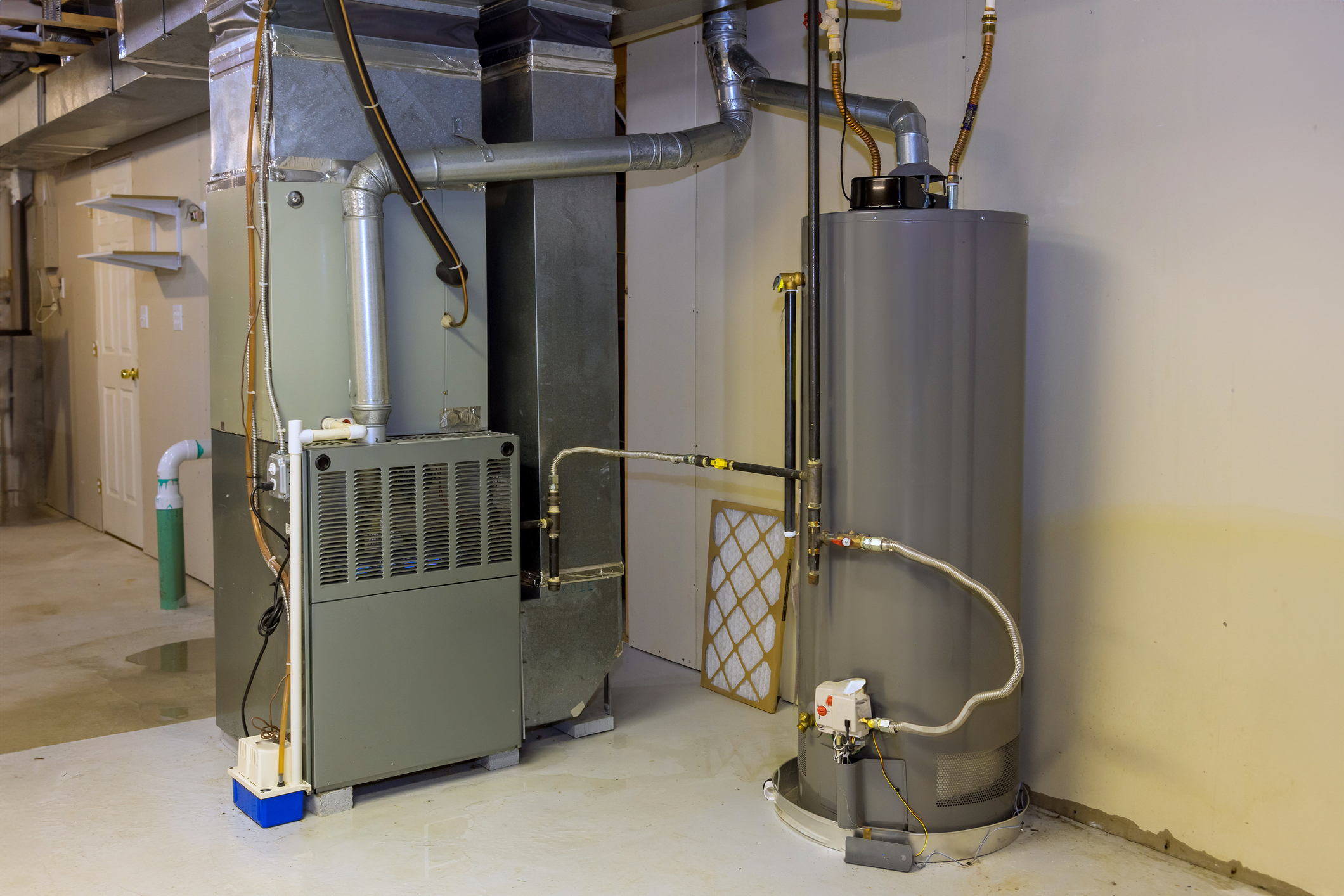Replacing your water heater can be a significant decision that affects your home’s comfort and energy efficiency. It’s crucial to consider several key factors to ensure you make the right choice. In this quick guide, we’ll explore the important considerations when replacing a water heater, including repairing vs. replacing, types of water heaters, and five essential factors to keep in mind. Interested in learning more about water heaters? Check out this article from our friends at A.O. Smith.
Repairing vs. Replacing
Before jumping straight into a replacement, it’s essential to evaluate whether your water heater requires repair or replacement. Minor issues like a faulty thermostat or a small leak can often be resolved with repairs. However, if your water heater is older, has frequent breakdowns, or shows signs of significant corrosion, it may be more cost-effective to opt for a replacement. Consulting with a professional plumber or water heater specialist can help you assess the best course of action for your specific situation.
Things to Consider When Replacing Your Water Heater
If you’ve decided to replace your water heater instead of repairing, there are a few different factors to consider before making a decision.
Fuel Type and Energy Efficiency
Determine the most suitable fuel type for your water heater and consider its energy efficiency. Evaluate the long-term operating costs and environmental impact of different fuel sources.
Capacity and Hot Water Demand
Assess your household’s hot water needs and select a water heater with an appropriate capacity. Consider factors such as the number of occupants, simultaneous hot water demands, and peak usage times to ensure a consistent supply of hot water.
Installation and Space Requirements
Understand the installation requirements and spatial constraints of different water heaters. Tankless and compact models may be more suitable for homes with limited space.
Costs and Long-Term Savings
Evaluate both the upfront cost and long-term savings of the water heater you choose. Energy-efficient models may have higher initial costs but can result in significant savings on energy bills over time.
Lifespan and Warranty
Consider the expected lifespan and warranty coverage of the water heaters you’re considering. A longer lifespan and a comprehensive warranty can provide peace of mind and minimize future repair or replacement costs.
What Type of Water Heater Do I Need?
While the tank water heater is the most common, you may want to consider some alternatives if you do end up replacing your water heater. Here are a few different options:
Tank Water Heaters
These are the most traditional and widely used water heaters. They store and heat a large volume of water in a tank. Tank water heaters are available in various sizes and fuel sources, such as electricity, natural gas, or propane.
Tankless Water Heaters
As the name implies, tankless water heaters do not store water in a tank. Instead, they heat water on demand as it passes through the unit. They are more energy-efficient since they only heat water when needed and have a smaller footprint.
Heat Pump Water Heaters
Heat pump water heaters use electricity to transfer heat from the surrounding air or ground to heat the water. They are highly energy-efficient and can be a great option for reducing energy consumption.
Solar Water Heaters
Solar water heaters harness the energy from the sun to heat the water. They utilize solar panels and a storage tank to provide hot water. Solar water heaters are environmentally friendly but may require additional space and have higher upfront costs.
Replacing a water heater is a big decision that requires careful consideration. We can help. Patriot Plumbing Heating and Air can provide valuable guidance throughout the process. We can help you understand your options and recommend the most suitable water heater that meets your hot water needs efficiently and reliably. If you have questions or would like to get a quote, get in touch!

